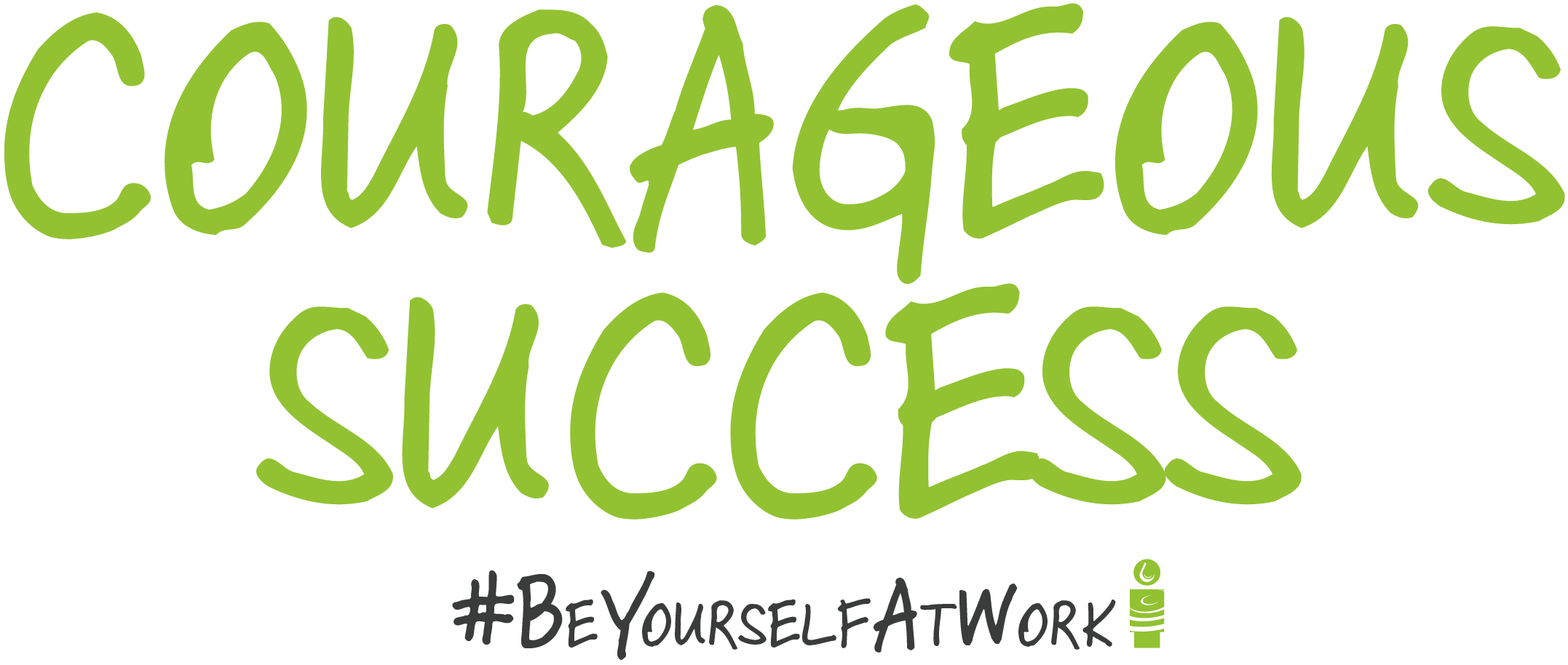“At some point, you recognise the reason we are all here is to help somebody else — that that is the sole reason we are here. And once you get that in your head, as it turns out, life gets so much simpler.”
Apple CEO Tim Cook, as reported by ThriveGlobal, saying that he realised later in life that the reason we are all here is to help someone else. In the season of goodwill and giving (3rd Dec was GivingTuesday, a movement to create an international day of charitable giving at the beginning of the Christmas and holiday season), there has been lots in the news. Bill Gates talking to BusinessInsider.com put ‘having a mindset of giving’, second out of four things that make him happy.
The annual World Giving Index report by CAF, which this year aggregated 10 years of giving research across the globe, found that “helping a stranger is the most commonly performed giving behaviour across the world with 48.3% having done so across the 10 years of the World Giving Index. This equates to more than two and a half billion.” Generosity and giving is not just confined to those who are successful in life and have lots to give, Myanmar is ranked 2nd on the World Giving Index, between the USA and New Zealand.
Small acts matter and we all unconsciously give every day. Think about the last time you held a door open, helped someone or instinctively picked something up that had been dropped. On the tube escalator last week, I saw a suited businessman immediately grab a pushchair to help a mum.
Research by neuroeconomists at Zurich University, reported in ScienceDaily in 2017 found that “Generosity makes people happier, even if they are only a little generous. People who act solely out of self-interest are less happy. Merely promising to be more generous is enough to trigger a change in our brains that makes us happier.“
The work of Michael Norton at Harvard Business School is included in a recent BBC article about giving, his research has repeatedly found that “people who spend a bigger proportion of their income on others tend to be far happier, in the long run, than those spending it on themselves.” Having tested giving with data from more than 130 countries, from the US to Uganda. “Across all countries – rich or poor, and in every continent – people who gave more tended to be happier people,” he says. For this reason, he thinks the joy of giving appears to be a “psychological universal” – a trait that lies at the core of human nature, independent of your culture.
There is lots of similar research showing how giving can reduce stress, promote social connectedness and even prolong life. Giving also shifts the emphasis off ourselves, making us look outwards to the world around us and those in it and shift our emphasis to others and the greater good, seeing the positive impact of our giving is a great confidence booster.
Imagine the difference it could make if we became more conscious of giving everyday?
We’ve shared before the impact of bad company culture and that global workplace disengagement is 85% (Gallup). Often, we conform at work, whatever the culture we work within, too preoccupied and focused on our to do lists, tasks and ourselves that we forget about connecting at a real and human level with those around us. #beyourselfatwork, being real, human and giving makes work good and maximises human potential.
Be one of the 2.3 billion who help a stranger, but also make a difference to those you come into contact with every day.
Bring your whole self to work, focus on giving yourself to others and make a difference to your happiness and theirs.
#BeYourselfatWork
